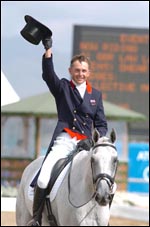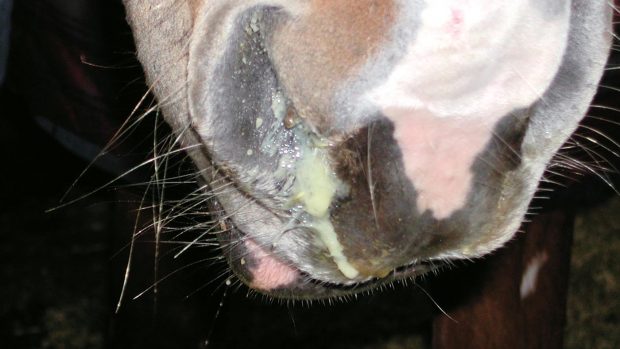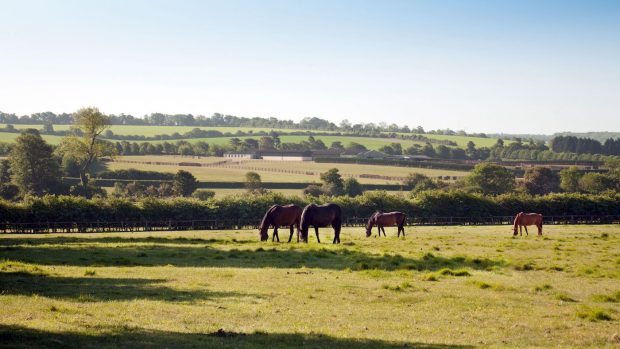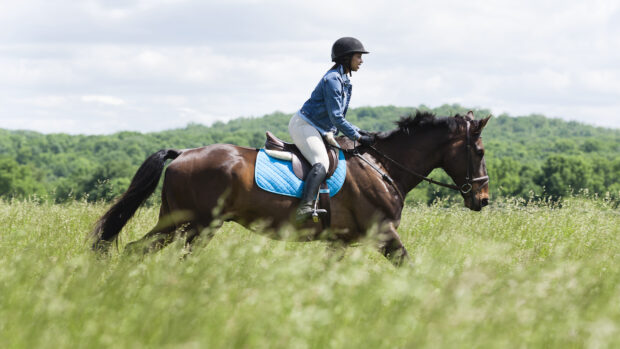A National Equestrian Institute is among the British Equestrian Federation’s (BEF) proposals in its long-awaited strategy looking beyond the Beijing Olympics in 2008.
The Institute will act as a hub for the development of equestrian training, breeding, tourism and business, as well as hosting national championships and international competition.
BEF consultant director of facilities, Tim Hadaway, said the centre would act as an “important focus for the industry” and had received “nothing but support” from member bodies.
BEF performance director Will Connell was quick to point out the concept had worked well in other countries, adding: “If you’re going to have a world class team, you should have world class facilities — the National Equestrian Institute is part of the grand plan”.
BEF chairman Andrew Finding said the strategy had been developed by the organisation and its 13 member bodies and was designed to “increase levels of success and participation in equestrian sports and recreation.”
The strategy will assess the needs of equestrian facilities throughout the UK, providing a valuable database of information for local planning authorities and funding bodies such as Sport England.
“The strategy is a positive step in the right direction,” said David Holmes, Chief Executive of British Dressage, “Up until now we have not had a co-ordinated way of enabling development.”
The BEF strategy has been four years in the making, during which the tone has altered considerably.
“The previous document was finite, whereas this is more evolving,” Hadaway explained, adding that the industry was not yet in a position to know exactly what was needed.
The development of facilities across the country is just part of the BEF’s strategic plan for the next four years (2005 to 2009). The plan confirms the need for the BEF to act as a united voice of its member bodies when presenting British Equestrianism to the FEI and IOC.
Over the next four years, the BEF aims to maximise the potential of equestrianism by attracting, engaging and retaining participants and members. By making use of substantial market research, the federation hopes to see a 5% membership increase per year of all age groups, both able-bodied and disabled, in BEF member bodies.
By optimising resources and developing new membership initiatives, the BEF also hopes to achieve a cost reduction of 5% per year and improve the financial gains made from equestrianism. Through improved marketing, the BEF aims to illustrate the value of equestrianism to our national life.
Support for elite performers will be achieved by strengthening the support of riders and horses from grass roots (riders) and breeding (horses) to World and Olympic levels. By hosting major events the Federation will underpin Britain’s position as the most successful equestrian nation.
Read the full strategic plan on the BEF website: www.bef.co.uk




